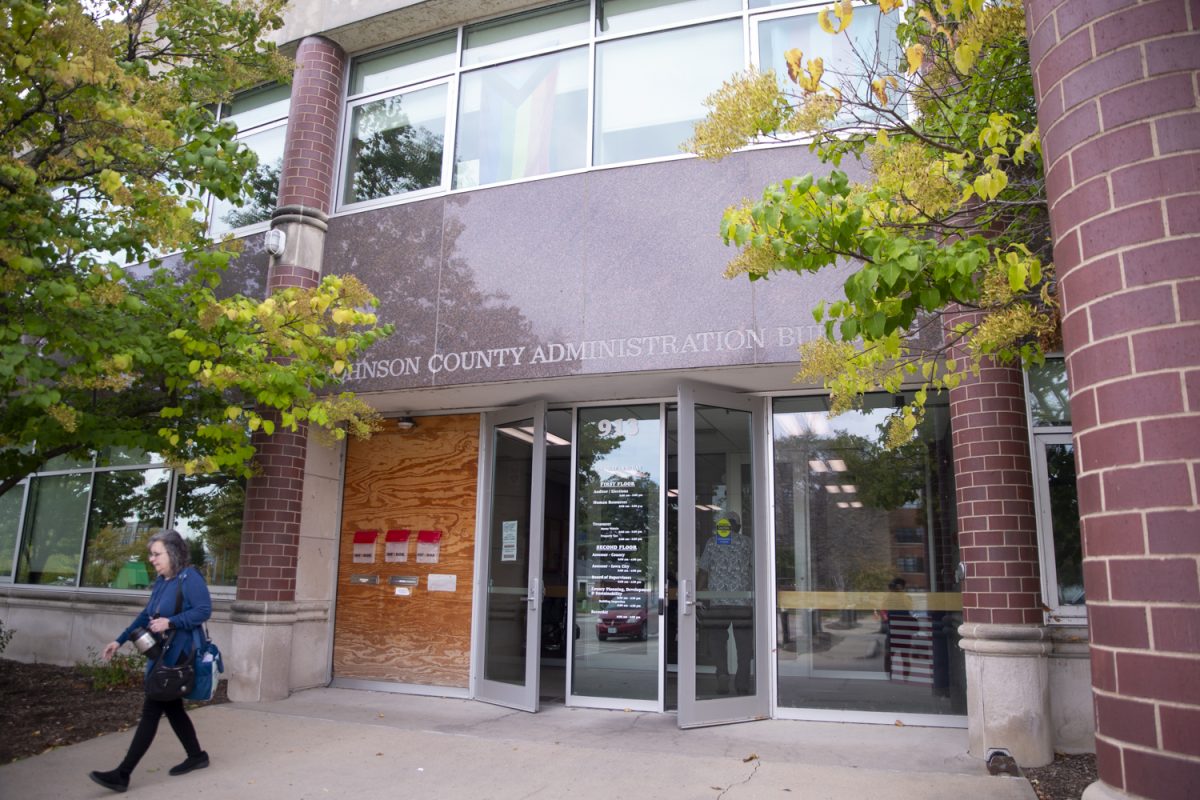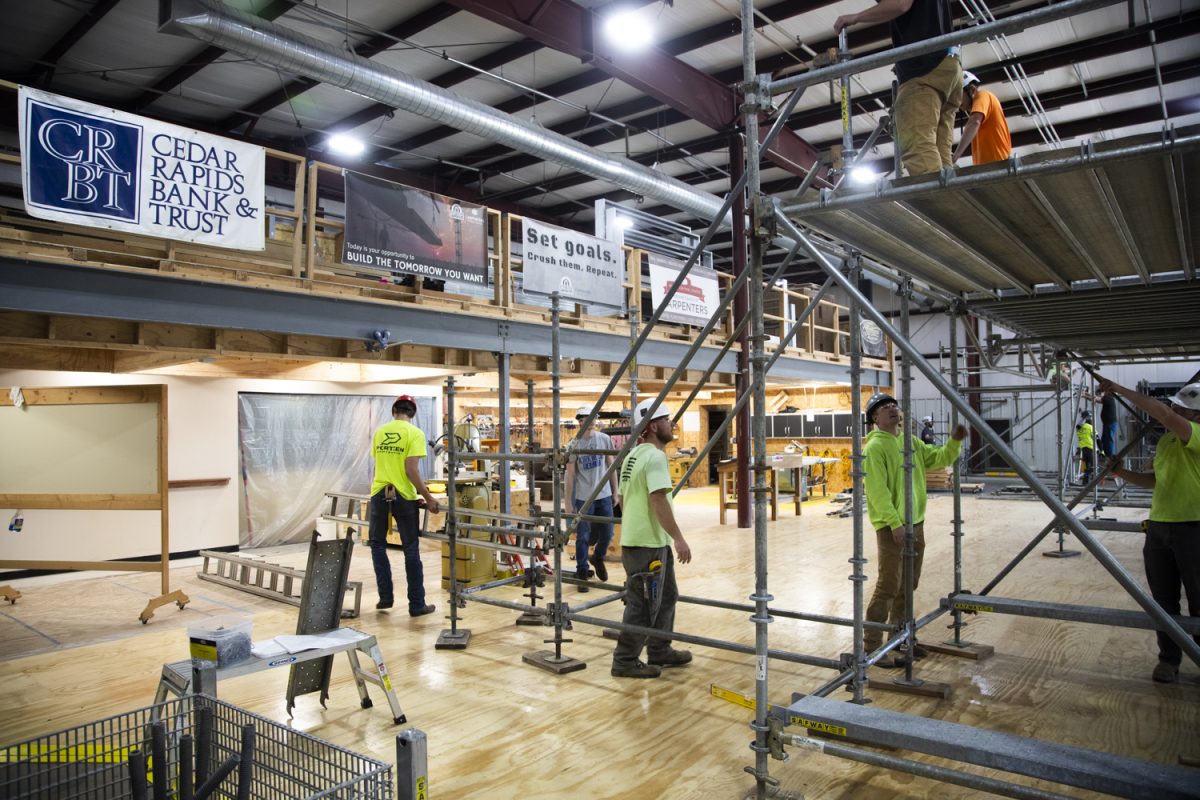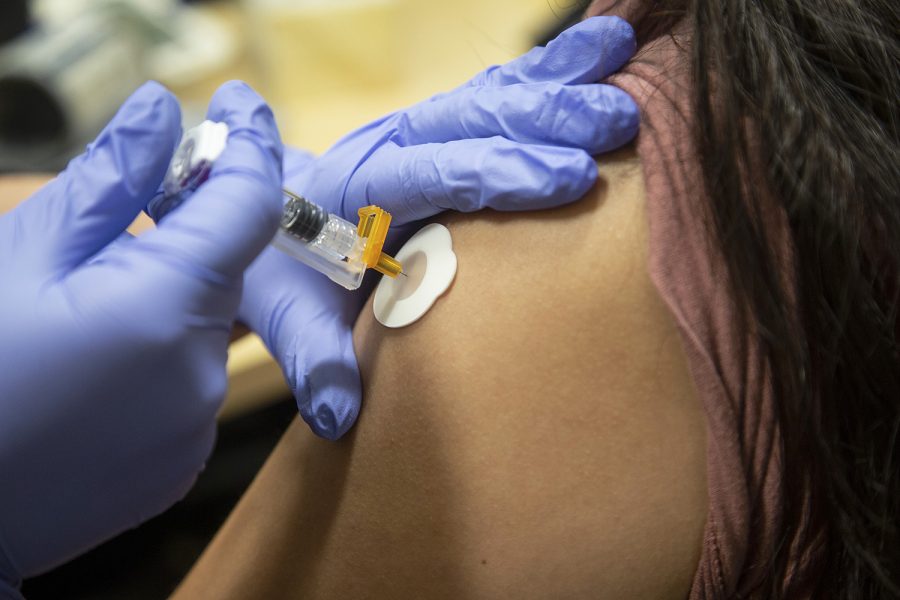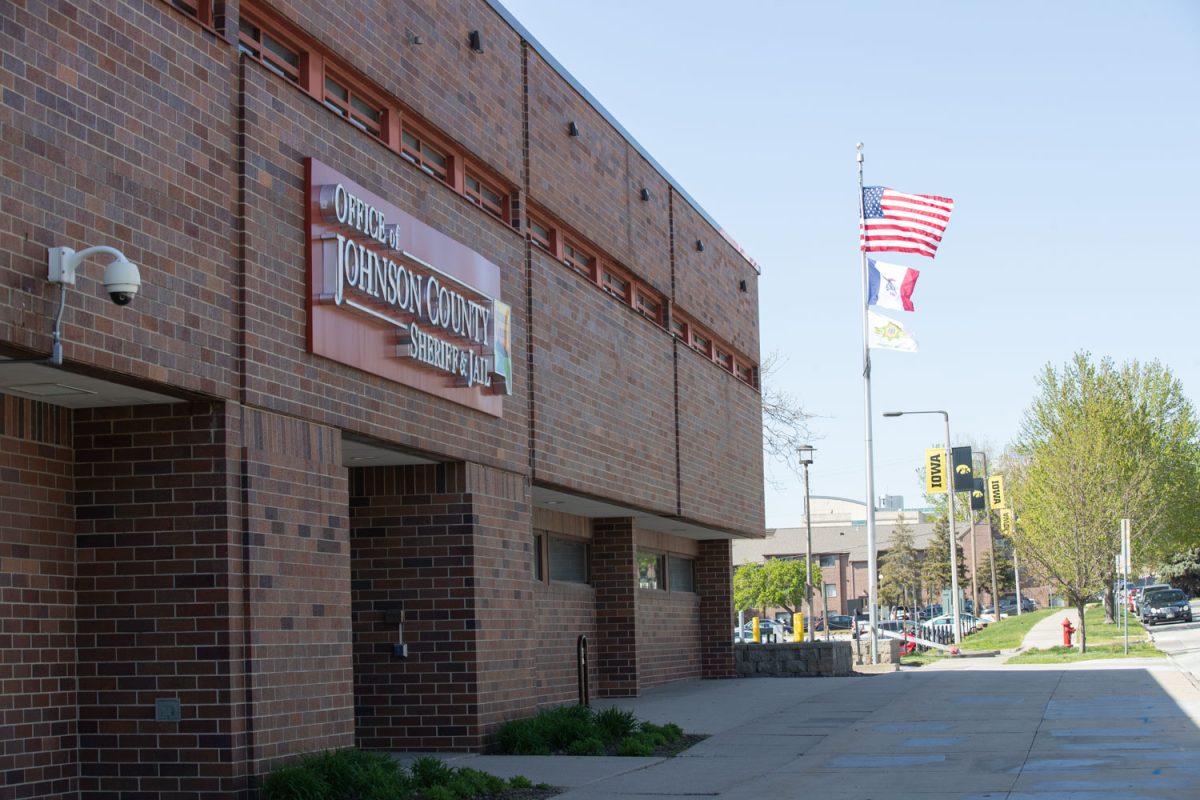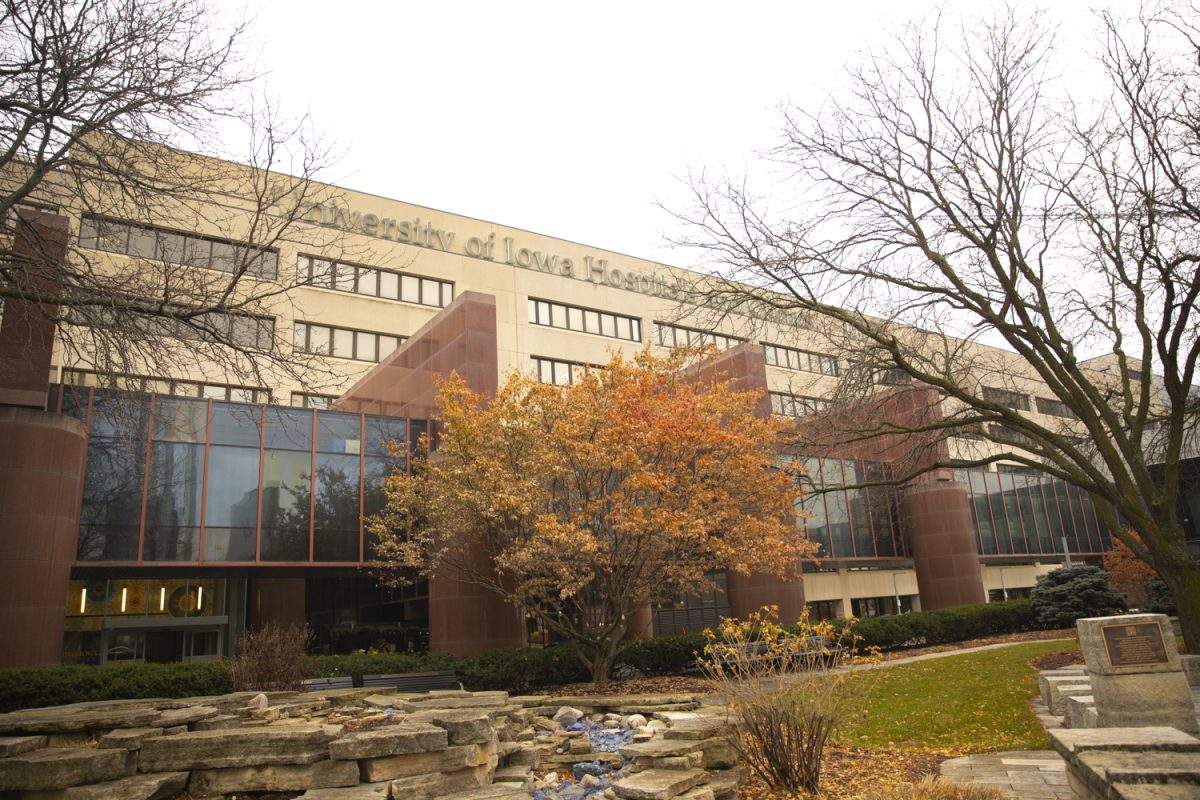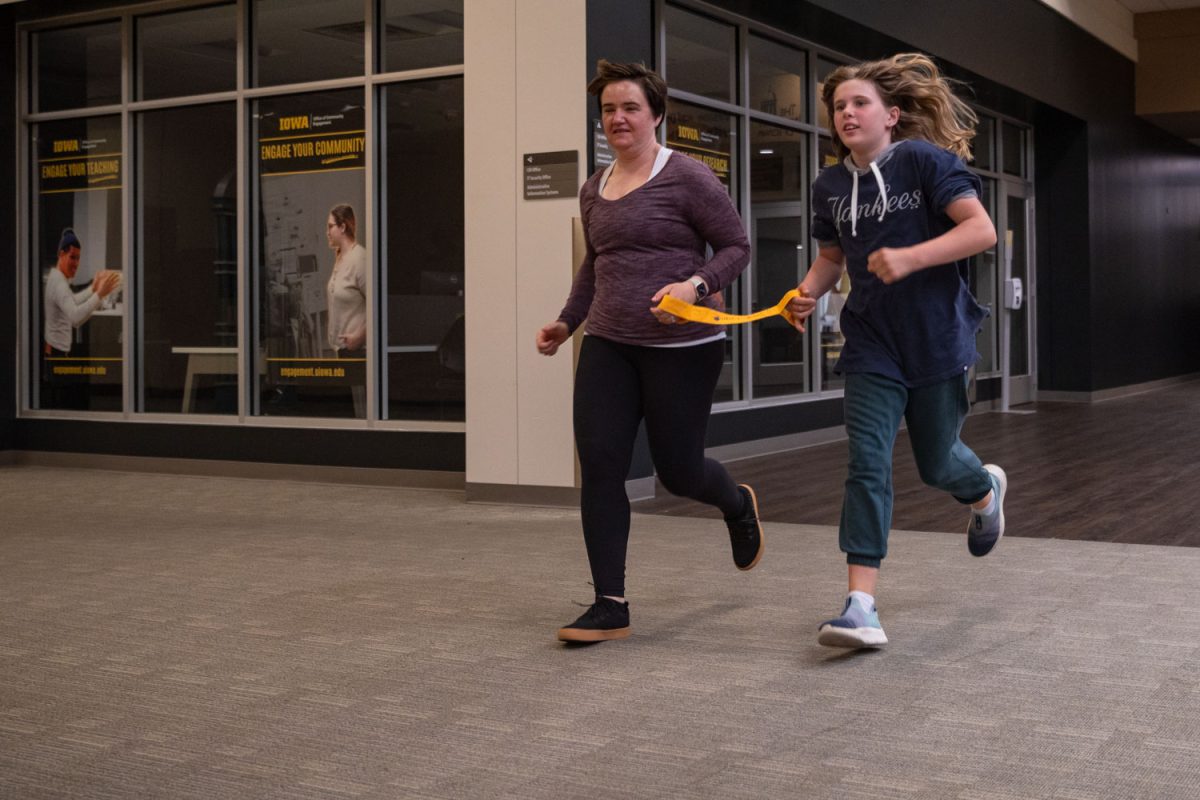To combat the county’s levels of unhoused individuals, Johnson County Social Services is partnering with local nonprofits to provide affordable housing through the Permanent Supportive Housing Pilot Program.
The Johnson County Social Services reported over 400 children in the Iowa City Community School District were identified as experiencing homelessness during the 2023-24 school year, and 26.3 percent of single-parent households are living in poverty.
This program specifically targets low-income households with children, households experiencing or at risk of homelessness, and households at or below 30 percent of the area’s median income.
According to the Johnson County Affordable Housing Report, Johnson County’s median income is $129,500.
Single-parent households are categorized as extremely low-income earning an average annual income of $24,250, according to the same report.
Rachel Carr, the Johnson County community services manager, hopes the program will provide each family with the support and resources they need to financially survive and recover.
According to Carr, the program will partner with nonprofit organizations that can apply for the grant money and then distribute it among low-income households.
This program will last for three years and will provide a $220,000 grant to a nonprofit, which will then use the money to pay 30 percent of a family’s yearly income who are defined as low-income, according to the report.
Johnson County Supervisor Lisa Green-Douglass said the program will be funded by the $1.5 million of interest collected from federal COVID-19 relief funding called the American Rescue Plan Act, or ARPA funding.
ARPA is a $1.9 trillion stimulus bill passed by President Joe Biden that provides funding to all cities and towns across the U.S. to financially recover from COVID-19 impacts. The county received a total of $29.3 million from ARPA.
Carr said many reasons contribute to a family’s struggle to maintain housing, like loss of income, diagnosed disability, or general poverty. To combat this, Carr said the program will combine affordable housing and voluntary support services for families in need.
The program will provide nonprofits with the resources to help families based on their needs to maintain their housing, Carr said. These resources consist of providing primary health care, therapy, substance abuse treatments, child care assistance, school enrollment, and employment and income support.
“What we can often see is those households cycle through episodes of homelessness because they may be able to obtain a rental unit but they’re not able to maintain that rental unit,” Carr said. “So the two components of permanent supportive housing that are very important are the rental assistance component.”
Lynette Jacoby, the Johnson County social services director, wrote in an email to The Daily Iowan that the program was developed based on the findings from the 2023 Johnson County Affordable Housing Report.
“Housing costs are soaring. Last year Johnson County had a record number of eviction filings,” Jacoby wrote. “Shelter House has done a very nice job with establishing Permanent Supportive Housing programs for individuals, but Johnson County lacked a similar program to serve families.”
Over 700 evictions were recorded in Johnson County last year, surpassing the previous number of evictions from past years.
Jacoby said offering affordable housing is critical, especially since Johnson County has the highest housing wages in the state. Johnson County’s housing wage is at $21.67, according to the report, which is higher than Des Moines’ housing wage of $17.46. According to the program report, 92 percent of low-income Johnson County households are housing cost-burdened.
Carr and Jacoby will send out a release for proposal, or RFP, for bids to local nonprofits on April 8, then hold an informational meeting on April 18 to educate nonprofits that are interested in partnering with the program. Application deadlines will be due April 18, and the program will officially start July 1, 2024.
Jacoby said Johnson County Social Services provides more than $1 million each fiscal year towards emergency rent and utility assistance to the community through the General Assistance Program, funded by ARPA. The permanent supportive housing program is just one of the many programs the county provides.
Green-Douglass said she supports the many affordable housing programs the county creates. Iowa City Housing Authority currently supports 1,400 low-income families. The Permanent Supportive Housing Pilot Program was created after seeing a rise in families with children facing homelessness, according to the report.
“As the board, we are committed to helping the endeavor for facing affordable housing stock and helping make the pathway for folks to get into it easier and just keeping people housed in general,” Green-Douglass said.
Carr hopes the outcomes of this pilot project will allow families to leave the program with support and resources to help them maintain housing in the future.
“We are hoping for increased housing retention, so meaning not getting evicted, being able to stay in housing permanently, increased utilization of services for adults and children in the community, increased income,” Carr said. “We’re hoping to see an increase in independent living skills and improve quality of life for families in Johnson County.”




